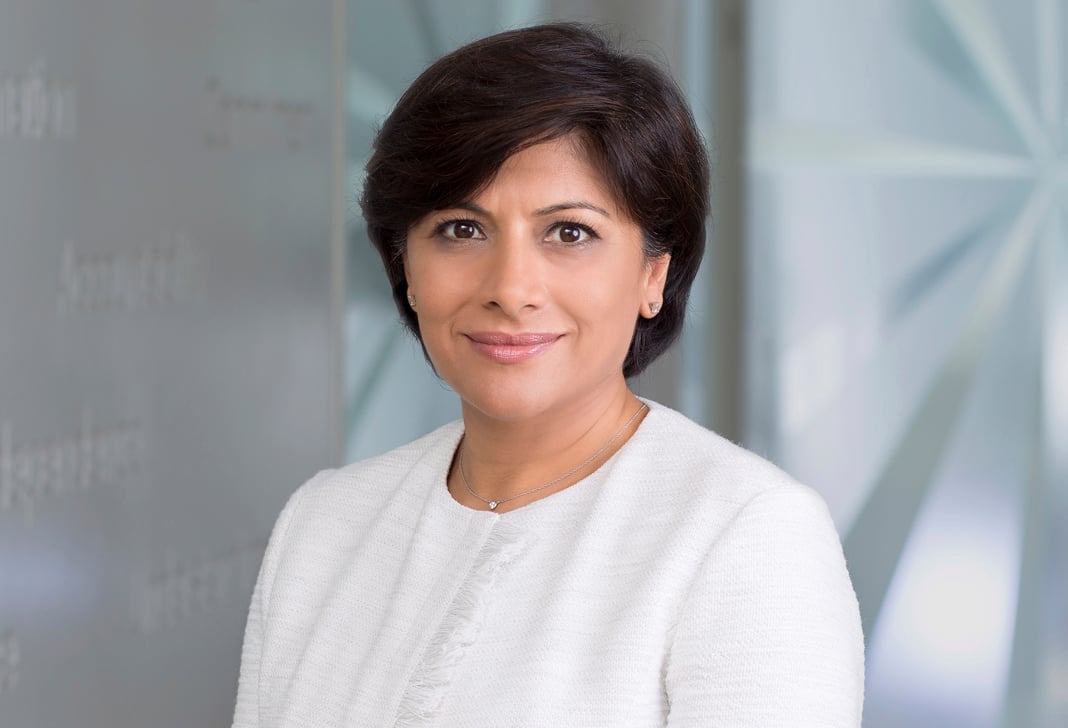
Indian Supreme Court Sets Aside Arbitral Award for "Grave Miscarriage of Justice"
The Indian Supreme Court invokes curative jurisdiction to set aside US$960 million award to avoid a "grave miscarriage of justice," seven years after the award creditor received a favorable award in India and three years after an earlier decision of the Supreme Court had permitted enforcement.
The arbitration award at issue in Delhi Metro Rail Corporation Ltd v Delhi Airport Metro Express Pvt. Ltd, 2024 INSC 292, was issued in 2017 by an Indian-seated arbitral tribunal and has been the subject of enforcement proceedings since that time. The award was set aside by the Division Bench of the Delhi High Court under section 34(2A) of the Arbitration Act and later reinstated by the Supreme Court in 2021 on the basis that the Division Bench's judgment improperly interfered with the tribunal's findings relating to the construction of the contract and the surrounding facts.
The case later came before the Indian Supreme Court again in the form of a curative petition premised on a "grave miscarriage of justice." A curative petition is an exceptional remedy under Indian law, available only to prevent abuse of its process and to cure a gross miscarriage of justice. In its second review, the Supreme Court considered the merits of the case again and ultimately reinstated the Division Bench's judgment, finding that the arbitral tribunal had interpreted the relevant contract in a manner considered to be unreasonable and had overlooked certain evidence.
The seven-year tussle to enforce the award in Delhi provides a cautionary tale for parties considering arbitration in India, as does the Supreme Court's exercise of its curative jurisdiction to reexamine the merits. It remains to be seen, however, whether this decision will stand as an anomaly amid the otherwise generally pro-arbitration trend in India, or how the decision will impact perceptions of India as an arbitral seat.
As for foreign awards, earlier Supreme Court decisions have cautioned Indian courts to be "very slow" when interfering with decisions granting the recognition and enforcement of a foreign award through the constitutional review process. This is in keeping with the country's commitment under the New York Convention to ensure that an award holder "be able to get such award recognised and enforced in India as soon as possible."
Jones Day does not practice or advise on issues of Indian law, but frequently serves as counsel in India-related matters, including international disputes and arbitration.






